volume 3 issue 2 article 8
Increasing Solid Waste Generation in Sulaimania City as a New Challenge to the Environment of the City
Author :Twana A. Tahir1
1 Environmental Engineering Department, Komar University of Science and Technology, SulaimaniaCity, Iraq
Abstract: Massive construction, as well as an increase in oil and cement companies with urban expansion in most of the cities in Kurdistan particularly in Sulaimania city are causing many serious environmental issues such as water, air, soil pollution and the increasing solid waste generation. Currently, Sulaimania city is facing gradual increment of solid waste generation and as a result, the huge area of Tanjaro, South of the city has been covered by highly heterogeneous (mixed) waste which ultimately has led to a considerable amount of Methane gas (CH4) to be generated due to the decomposition of biodegradable waste. In 2015, the total waste generation per day in the city center was estimated to be around 1200 tons/day and in the countryside it was around 2400 tons/day. Also, untreated leachate leaking from the Tanjaro dumping area which eventually finds its way into the surrounding water body (Tanjaro River) has caused a change in the chemical structure of the water. In addition, the burning of Tanjoro’s waste by irresponsible people is another issue which is continually deteriorating the air quality of the city and can be observed as a haze throughout the south and southwest of the city. This study focuses on the waste generation ratio by different sectors in the city, waste composition, how the residents beside the dumping area think about the Tanjaro dumping area and stakeholders from the governmental side with private sectors like those companies that collect the waste from the city. Furthermore, the results from the survey showed that the highest ratio of waste generated in Sulaimania city is organic waste specifically food waste. Besides, some part of the medical waste which is mainly classified as hazardous waste generated from public and private hospitals is also dumped in Tanjaro area. Moreover, the result of the survey showed that the residential areas nearby the dumping area were also suffering from the odor generated from the degradation of the waste and more soil and agricultural land is being covered by waste due to the expansion of the dumping area. Another problem was any insect or other arthropod, rodent or other animal inside the dumping area were capable of transmitting the causative agents of human disease, or disruption of the normal enjoyment of life by adversely affecting the public health and wellbeing.
Keywords: Sulaimania City, Solid Waste Generation, Tanjaro River Pollution, Medical Waste Generation in Public Hospitals
Download the PDF Document from here.
References
Alnajjar, A.Y. (2016). Solid Waste Management in Iraq. Retrieved from https://ecomena.org/swm-iraq/
Hoornweg, D., Bhada-Tata, P. (2012). What a Waste: A Global Review of Solid Waste Management. Urban
development series; knowledge papers no. 15. World Bank, Washington, DC. World Bank.
https://openknowledge.worldbank.org/handle/10986/17388 License: CC BY 3.0 IGO.
Kurdistan Region of Iraq: Economic and social impact assessment of the Syrian conflict and ISIS crisis.
(2015). Retrieved from
https://openknowledge.worldbank.org/bitstream/handle/10986/21597/940320KRG0Econ0Box0385
416B00PUBLIC0.pdf?sequence=1
Majid, S. N. (2014). Bioaccumulation, Enrichment and Translocation Factors of some Heavy Metals in
Tanjro area along the Stream. Sulaimani. Journal of Zankoy Sulaimani- Part A, 16 (4).
Nabil, M. (2014). Updates From The Waterkeeper. Retrieved from
https://natureiraq.org/news/category/waterkeeper
Ngoc, N., & Schnitzer, H. (2009). Sustainable solutions for solid waste management in Southeast Asian
countries. Waste Management 29, 1982–1995.
Odum, H.T., & Odum, E.C. (2006). The prosperous way down. Energy 31, pp. 21-32.
Salhofer, S., Obersteiner, G., Schneider, F., & Lebersorger, S. (2008): Potentials for the prevention of
municipal solid waste. Waste Management 28, pp. 245-259.
Rahji, M.A.Y., & Oloruntoba, E.O. (2009): Determinants of households’ willingness-to-pay for private solid
waste management services in Ibadan, Nigeria. Waste Management and Research May 2009, 1-6.
